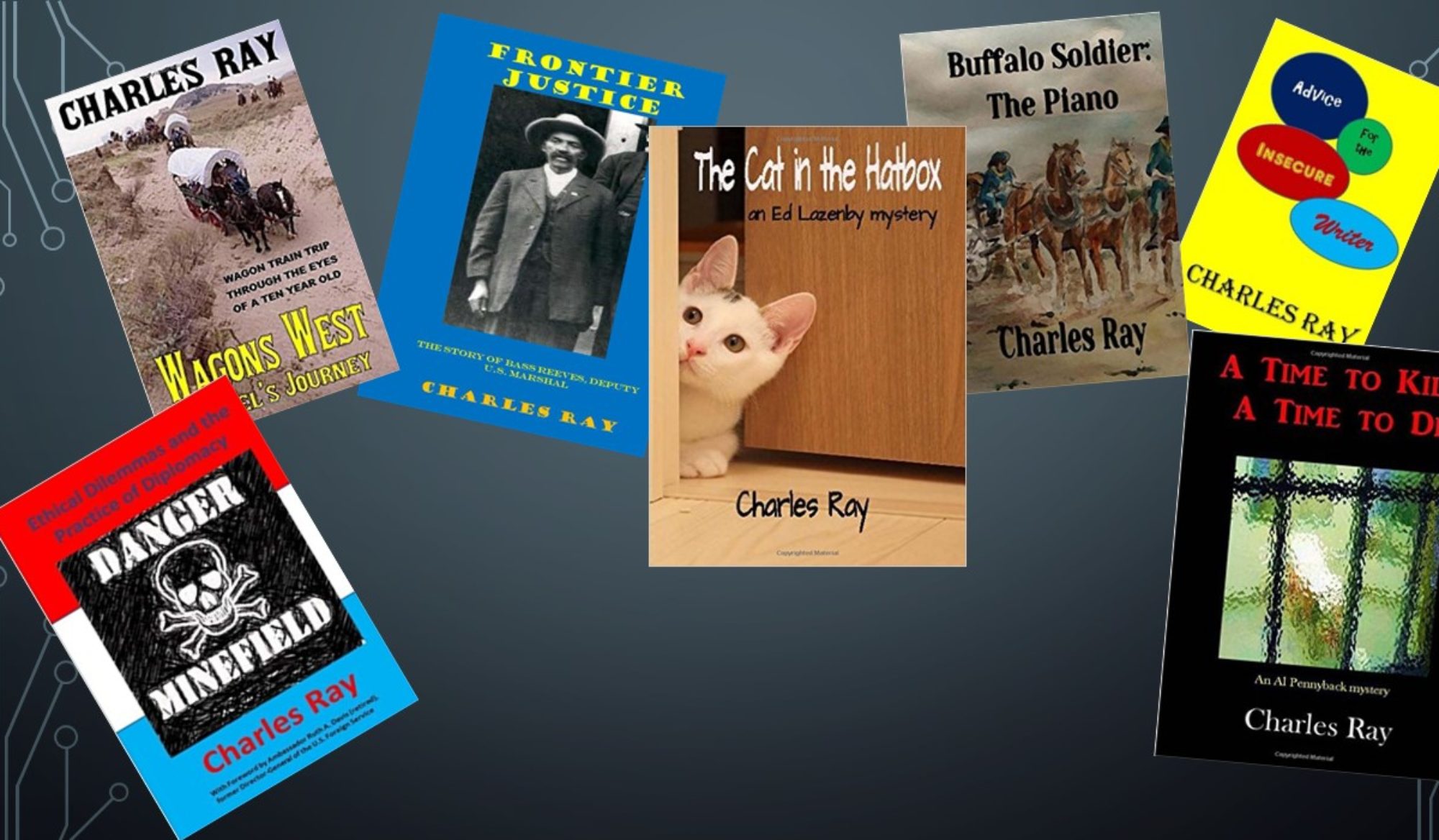Whether you’re playing golf or writing the next Great American Novel, you will, on occasion find yourself transported to a mental realm where everything just seems to click into place. You perform almost in a kind of ‘out-of-body’ way. This condition is called being ‘in the zone,’ and it often results in outstanding performance.
As writers, I’m sure we’d all like to be ‘in the zone’ every time we sit down at the keyboard, or pick up a pen and notepad. We want our muse to guide us to that place where the right words just flow with ease. News flash! In my more than fifty years of writing I’ve learned that the muse ‘don’t work like that.’ Getting into the zone, whether you’re playing golf or writing, is something you have to do for yourself. Here’s how I finally learned how to do it.
When I write fiction, I approach the story as if it’s a movie. I picture in my mind what the characters are doing and saying, and why, and then convert those mental visions to words. For example, I introduce a new character, a garishly dressed fat man. Now, I could use hundreds of words to describe him and my protagonist’s reaction to him, but think about it; when you watch a movie, you get a quick look at a character and based on quickly-seen visual and auditory cues, you develop an attitude about that character. So, let’s take the aforementioned fat man. Here’s one way I might introduce him: “He waddled into the room, his man boobs jiggling under the green and black shirt he wore open to his sternum.” Do you have an image of this character in your mind from those words? You probably do, and you probably have some not-so positive vibes coming off him. See; all those words of description are not needed, and you can keep going with the story.
When I write like that, I’m not working off some detailed plan, and often I’ve written the words without a lot of conscious thought—after all, I’m just describing what I saw in my mind.
Working this way, I often knock out five to six thousand words a day when nothing happens to pull me from my computer. Sometimes, I go back and rework a passage after giving it some thought, but mostly I just look for those pesky typos that creep into your writing when you’re just banging out words. That’s okay, it’s the editing and rewriting that makes great prose even greater.
One other thing that might not sound like a sophisticated creative technique, but which works for me; I write every day. Sometimes it’s just entries in one of the many journals I keep, sometimes it’s a piece of nonfiction, like this present missive, but always, without fail, I generate words into sentences into paragraphs to the tune of about 2,000 words per day. That keeps the mental muscles facile.
The other thing I do to facilitate getting into the zone when I write, is I take breaks. Lots of breaks. I will write for two to three hours, and then I’ll grab my camera and go for a walk, or work a crossword puzzle, or even go to my mat and do some resistance band exercises. What does that have to do with improving your mental ability to write better, you ask? A lot, I say. It’s been shown that exercise not only improves your physical body and mood, but it does positive things to your mind. That old, ‘healthy mind in a healthy body,’ adage is real.
Okay, that’s it. Just a few short words to help you jump start your writing in 2020. And, before I sign off, I hope 2020 will be a productive writing year for all of you.
Discover more from Charles Ray - Author
Subscribe to get the latest posts sent to your email.



